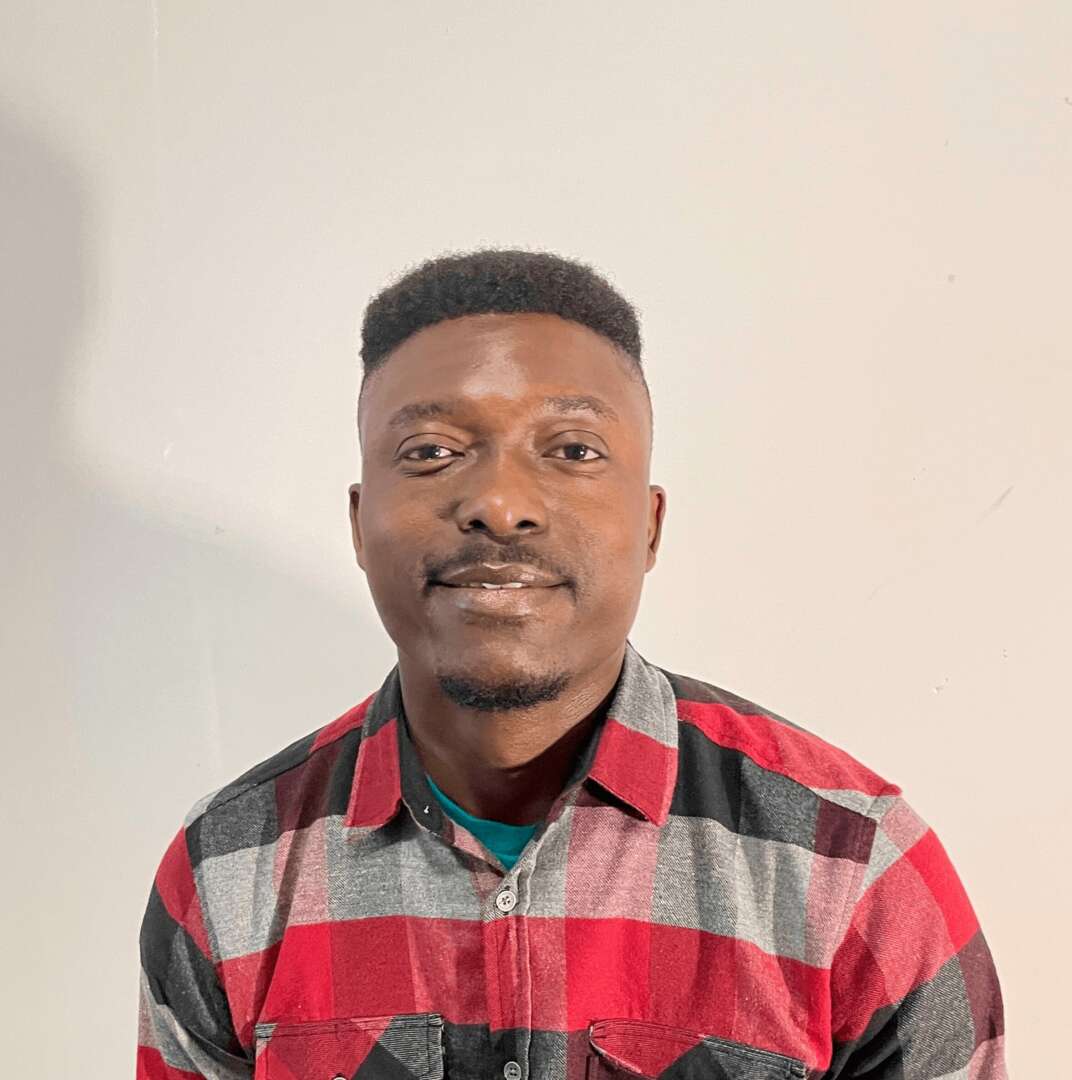We caught up with the brilliant and insightful Emmanuel Opoku a few weeks ago and have shared our conversation below.
Emmanuel, appreciate you joining us today. I’m sure there have been days where the challenges of being an artist or creative force you to think about what it would be like to just have a regular job. When’s the last time you felt that way? Did you have any insights from the experience?
Creating art brings me immense hope and happiness. It is incredibly satisfying to produce artworks immediately recognized as art by others. Even as I grow older, I cannot imagine ever truly retiring from my artistic pursuits. I will continue to stay creatively engaged with my art practice. In my view, an artist never truly retires.
I often find myself imagining having a dedicated gallery representing my art, showcasing an outstanding collection that would allow me to rely solely on my artistry.
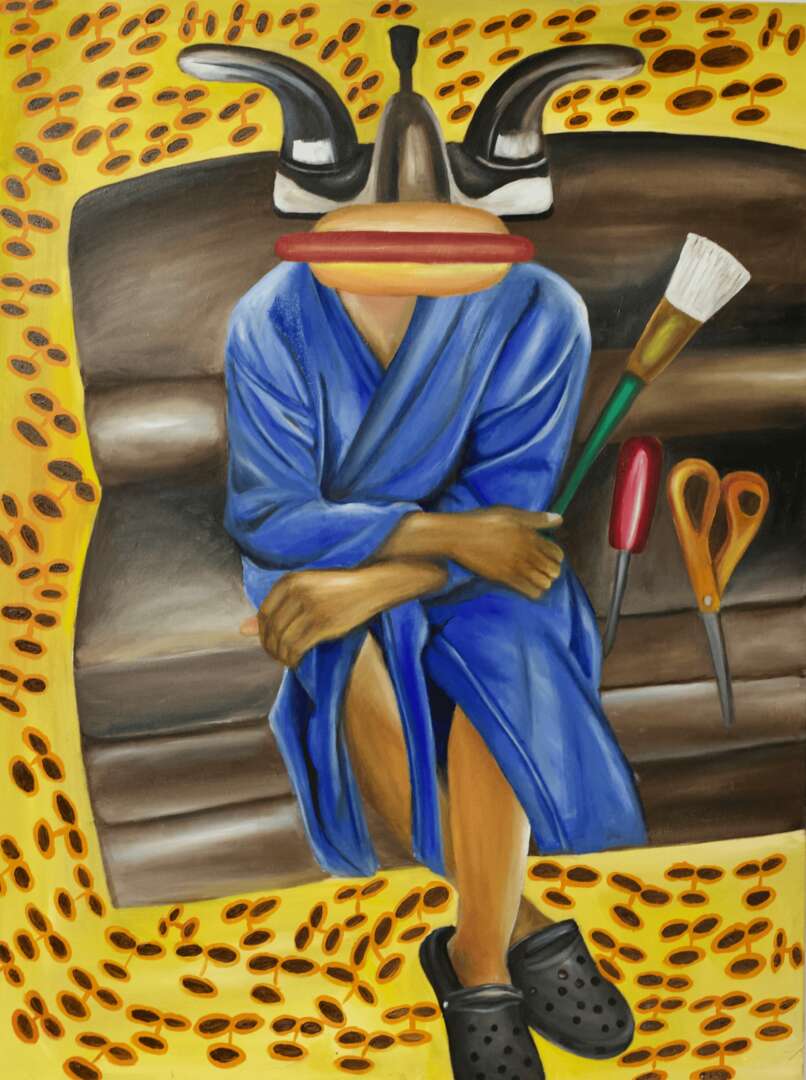
As always, we appreciate you sharing your insights and we’ve got a few more questions for you, but before we get to all of that can you take a minute to introduce yourself and give our readers some of your back background and context?
Being a contemporary artist, I find inspiration in the practices of other artists. I observe their visual decisions and consider the philosophical, environmental, sociological, and political influences that shape their work. By doing so, I am able to push my artistic practice beyond the conventional ideas influenced by these various sources.
Drawing on my nostalgic experiences in Ghana, I am intrigued by the idea that objects can help us explore different cultures and histories, and can reveal who we are. My work involves creating new stories and new significance for everyday objects that have been transformed. I use surrealistic juxtaposition to explore the process of reevaluating my experience as part of the diaspora in the US.
In my artistic practice, I passionately delve into the complexities of identity, examining how it is shaped by the passage of time, the influence of space, and diverse cultural experiences. My focus lies in understanding the ways in which artistic forms contribute to the aesthetic appeal and overall impact of an art piece. The deliberate and seemingly chaotic arrangement of objects in my work symbolizes the artistic concept of repurposing and recontextualizing objects comprised of multiple individual signs.
Drawing on the flair of a dramatic sense of humor, I take inspiration from my assemblage sculptures and bring that creativity to my paintings. The intricate patterns in my paintings are a reflection of the influence of Ghanaian fabric and my fond memories of the Key Soap Concert Party, a beloved comedy show in 90s Ghana. This show offered a unique approach to addressing contemporary political and socio-cultural issues through surreal storytelling. I was particularly inspired by the creative facial decorations of the actors and incorporated similar elements in my art to connect with the audience in a meaningful way.
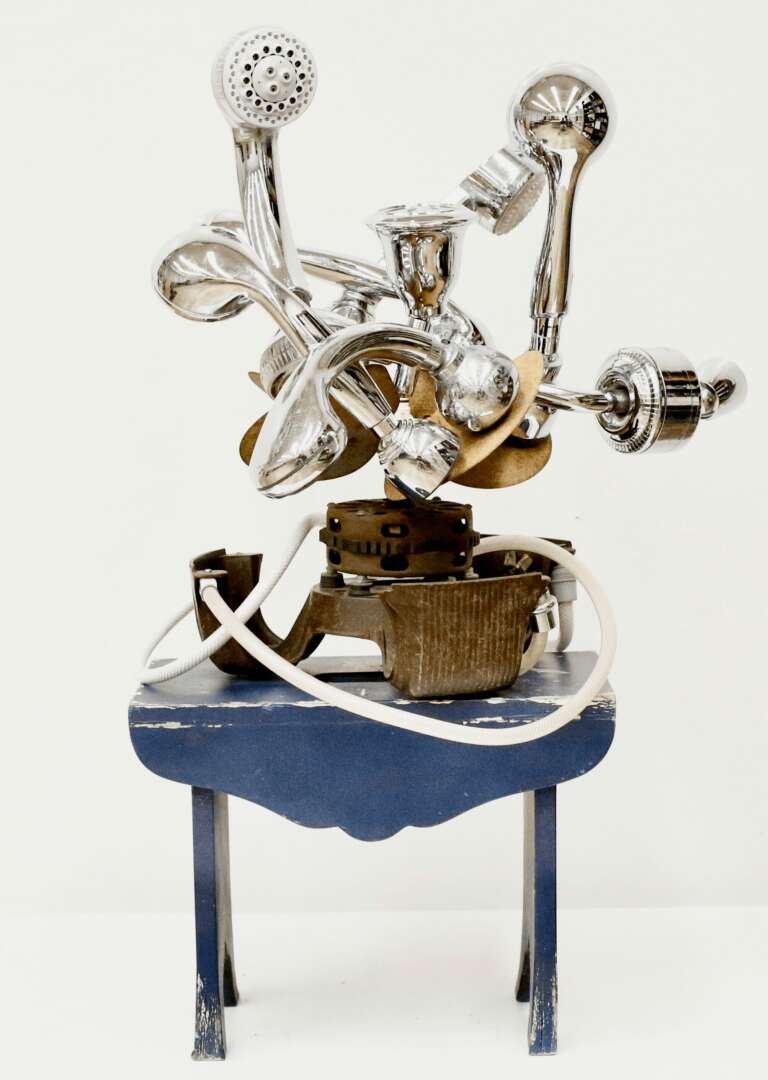
For you, what’s the most rewarding aspect of being a creative?
I actively believe that art plays a crucial role in promoting universal freedom. Art offers a unique platform for the expression of diverse fantasies and ideas. It stands as an autonomous form of knowledge, free from rigid principles or constraints. Art transcends predefined rules and structures, empowering us to uncover hidden creative potential and reshape conventional perspectives. In its contemporary context, art encourages the discovery of new ideas and the exploration of uncharted territories through research and innovation.
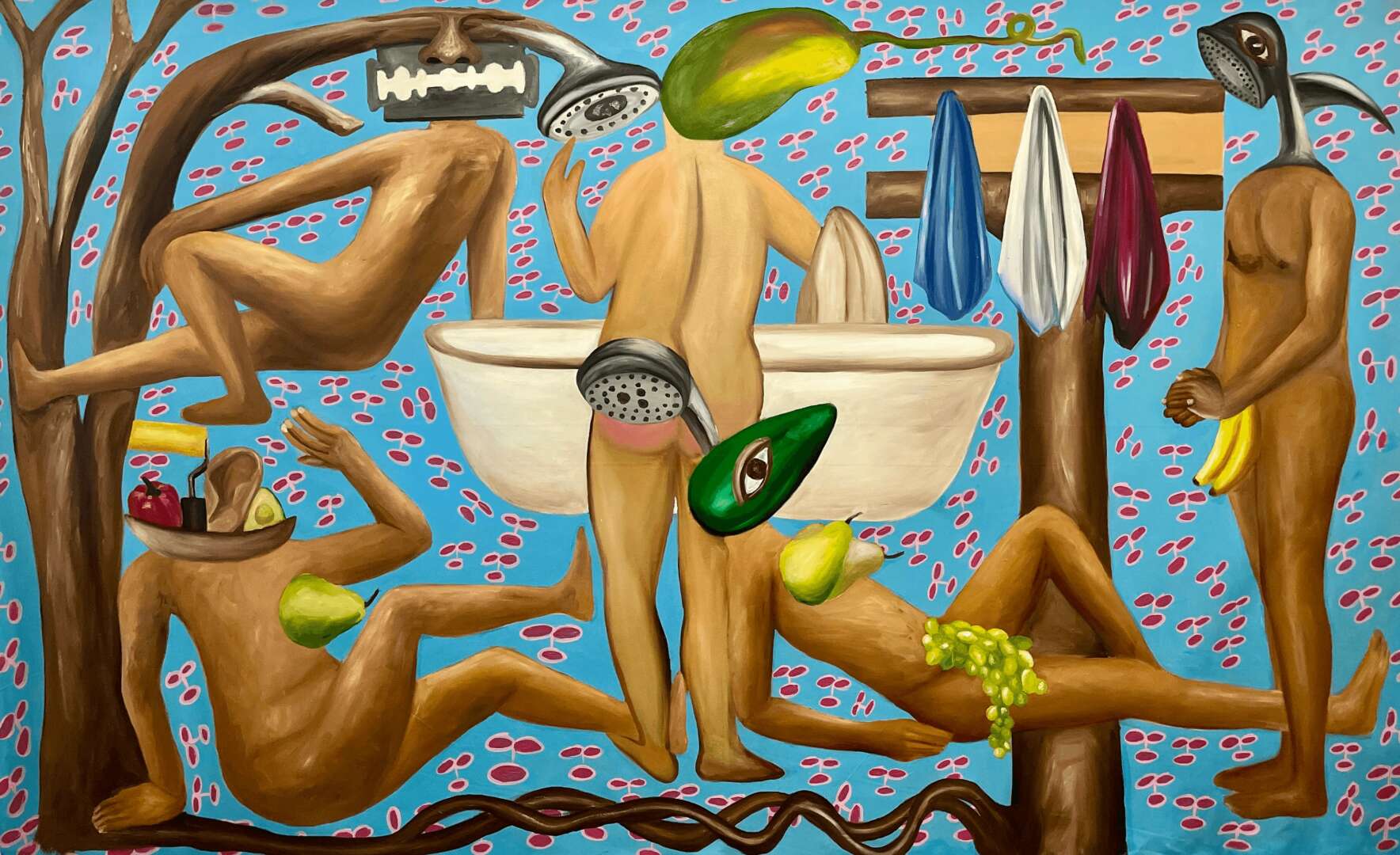
Is there mission driving your creative journey?
In my efforts to become a successful artist, I am dedicated to constantly developing my distinctive style to attain significant achievements in my career. The importance of art as a valuable asset motivates me to consistently challenge the limits of creativity and originality.
Contact Info:
- Website: https://opokuarts.com
- Instagram: _opokuemmanuel
- Facebook: Emmanuel Manu Opoku
- Linkedin: Emmanuel Manu Opoku
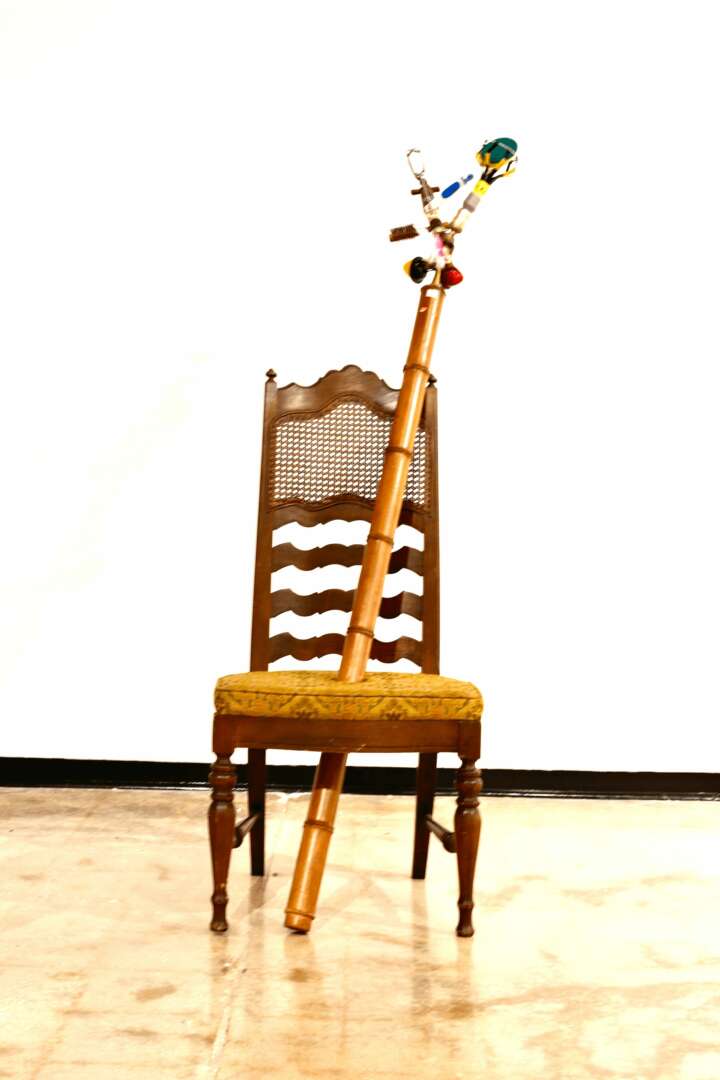
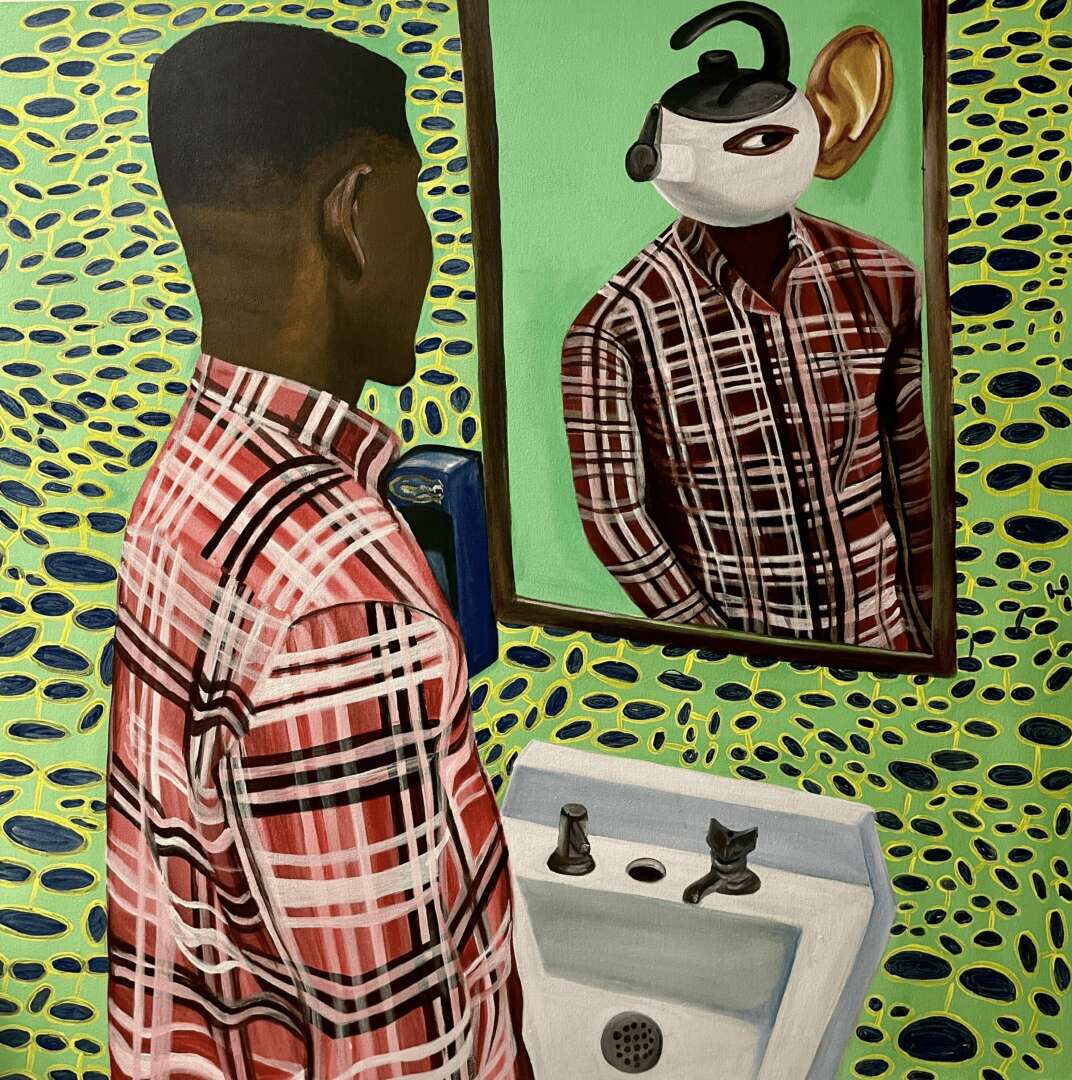
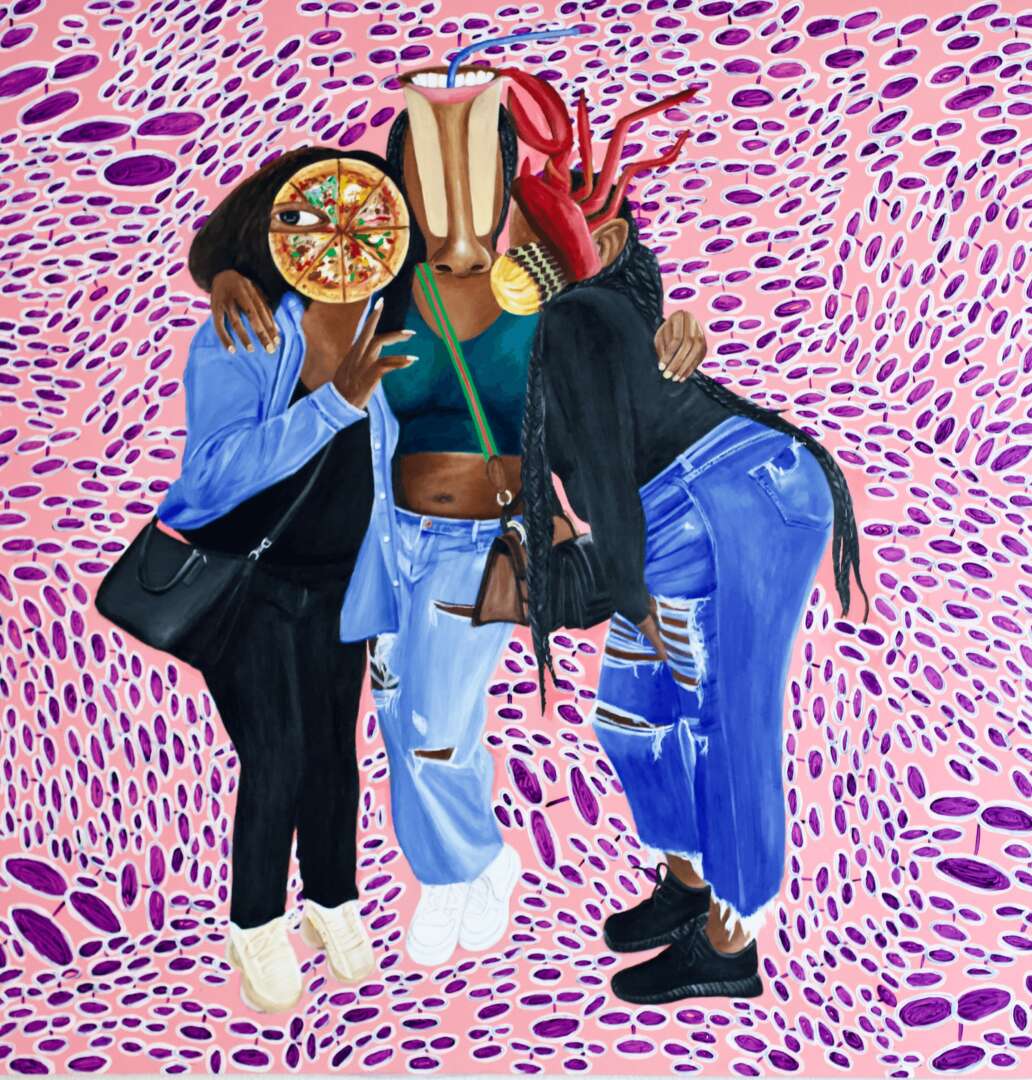
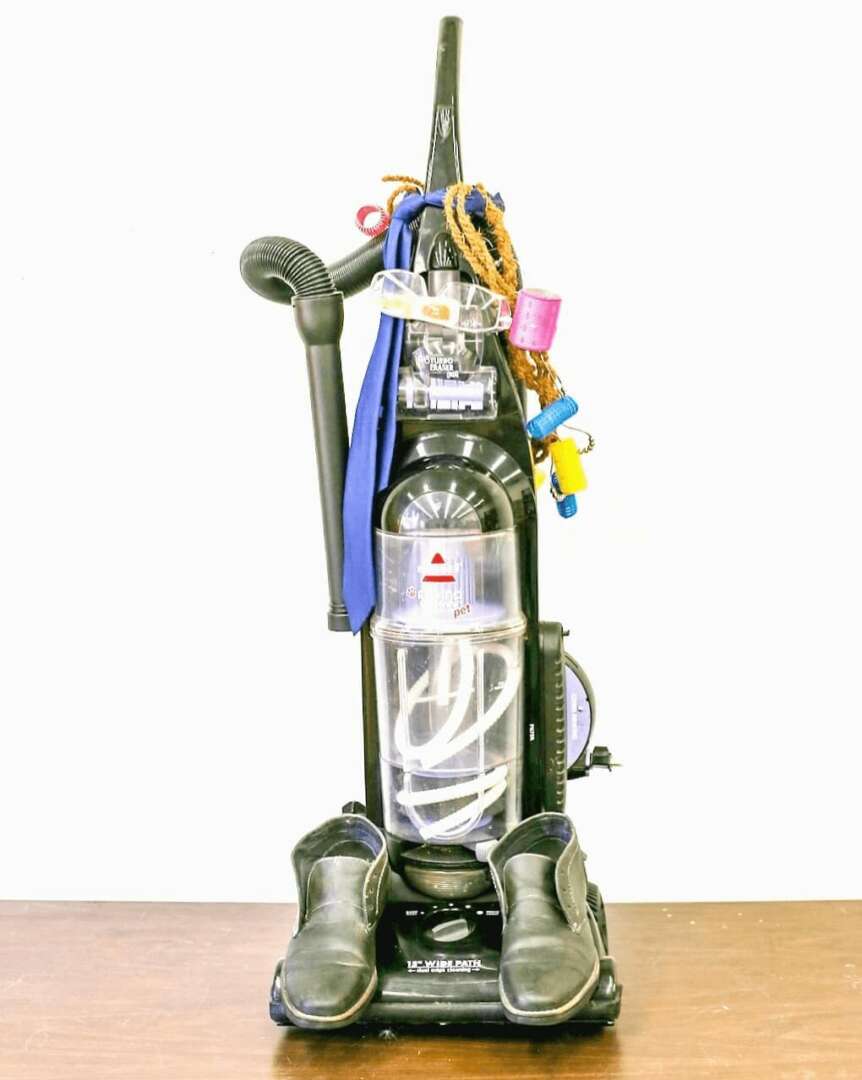
Image Credits
Emmanuel Manu Opoku


